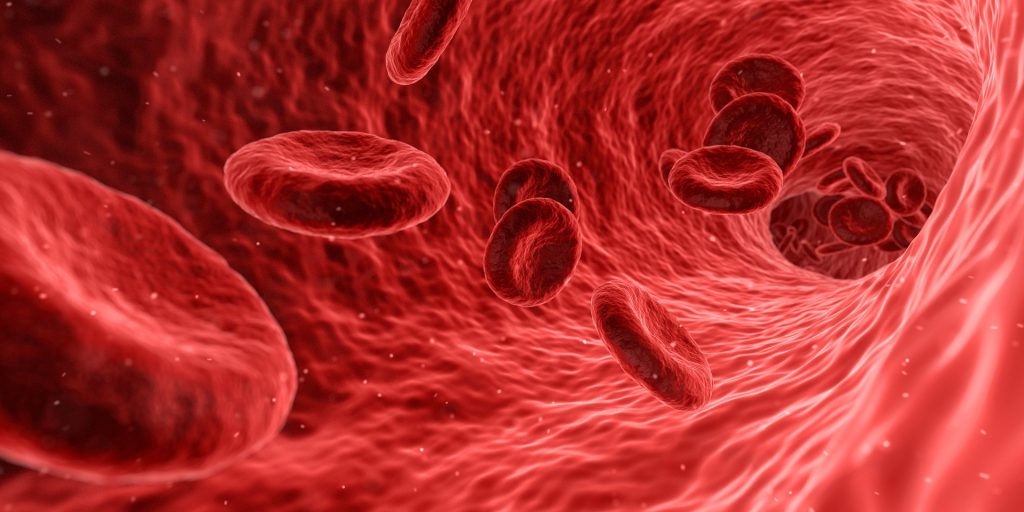Bleeding from Full-dose Anticoagulants in COVID ICU Patients

COVID patients in intensive care units (ICU) receiving full-dose anticoagulants are significantly more likely to experience heavy bleeding than patients prescribed a smaller yet equally effective dose, according to a recent study.
The research, which compared the safety and effectiveness of blood clot treatment strategies for more than 150 critically ill COVID patients at two hospitals, found that almost all patients who experienced significant bleeding were on mechanically ventilation and receiving full-dose anticoagulants.
The results, published last month in Hospital Pharmacy, may inform treatment guidelines for blood clots in hospitalised COVID patients, who are at an increased risk for both blood clots and severe bleeding. Previous reports have found that 17% of hospitalised COVID patients experience blood clots, said first author Maya Chilbert, PharmD, clinical assistant professor in the UB School of Pharmacy and Pharmaceutical Sciences.
“A wide variety of practice exists when it comes to approaching blood clots in hospitalized patients with COVID, and there is little data to suggest improved outcomes using one strategy versus another,” said Chilbert. “Caution should be used in mechanically ventilated patients with COVID when selecting a regimen to treat blood clots, and the decision to use full-dose blood thinners should be based on a compelling indication rather than lab markers alone.”
The study analysed the outcome of blood clot treatments and the rate of bleeding events for more than 150 patients with COVID-19 who received either of two blood thinner regimens: a full-dose based on patient levels of D-dimer, and the other a smaller but higher-than-standard dosage.
Patients’ average age was 58, and all experienced elevated levels of D-dimer, fibrinogen, and prothrombin time.
Significant bleeding events were experienced by almost 14% of patients receiving full-dose anticoagulants, compared to only 3% of patients who received a higher-than-standard dosage. All patients who experienced bleeding events were on mechanical ventilation. No difference was reported in the regimens’ effectiveness at treating blood clots.
Further investigation is needed to determine the optimal strategy for treating blood clots and bleeding in hospitalised COVID patients, said Asst Prof Chilbert.
Source: University at Buffalo



